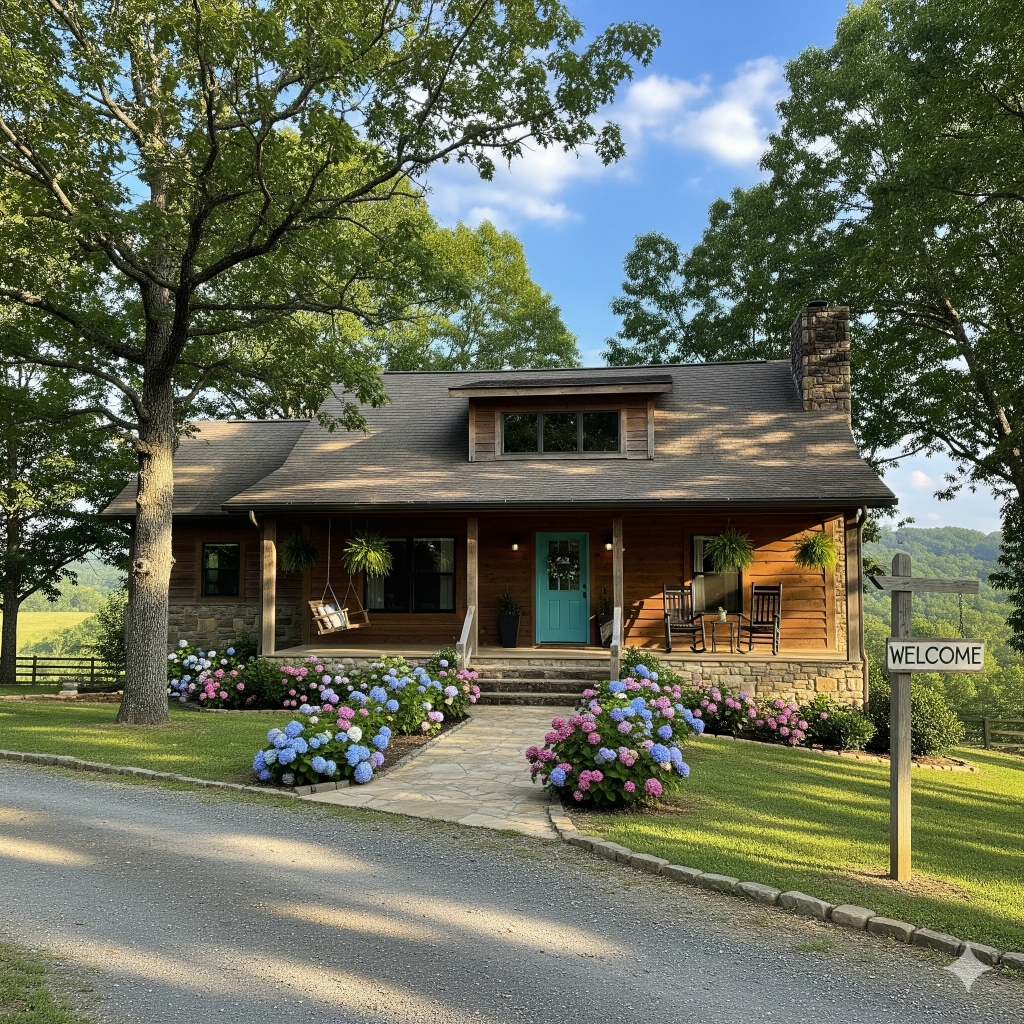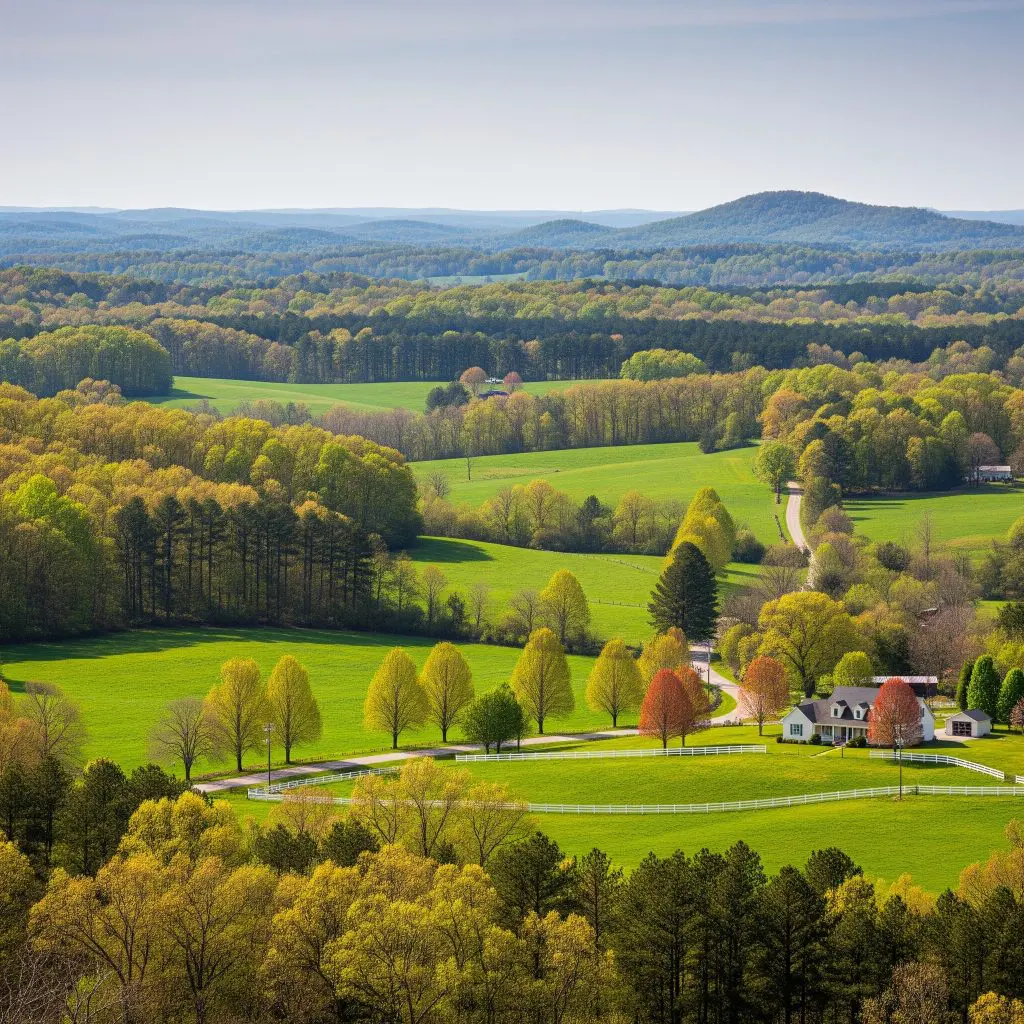North Carolina’s real estate market is evolving rapidly, and for 2025, multi-family properties remain a standout investment—especially for investors leveraging DSCR (Debt Service Coverage Ratio) loans. This comprehensive guide explores how DSCR loans are empowering investors in North Carolina cities like Raleigh (27610), Charlotte (28216), Durham (27703), and Winston-Salem (27106) to acquire and scale portfolios of 2-4 unit properties—without the hurdles of traditional income verification.
- 2025 North Carolina Market Conditions: Multi-Family Focus
- Why DSCR Loans Are Transforming North Carolina Real Estate Investing
- Understanding DSCR for Multi-Family Investments
- Key Benefits: No-Personal Income Verification
- Multi-Family Properties: What Qualifies?
- Current DSCR Loan Rates & Terms (2025)
- Step-by-Step: Applying for a North Carolina DSCR Loan
- Key Lenders & Local Market Insights
- Market Outlook & Investment Strategy for Multi-Family Buyers
- Qualifying for DSCR Loans: What You Need
2025 North Carolina Market Conditions: Multi-Family Focus
North Carolina’s robust job market, population gains, and strong rental demand are fueling both property values and rental rates. According to Zillow, median home prices in the state reached $331,000 in early 2025, with multi-family assets appreciating faster than single-family in most metros. Charlotte’s University City (28216), Raleigh’s Southgate (27610), Durham’s East Durham (27703), and Winston-Salem’s Mount Tabor (27106) offer attractive entry points for investors. Vacancy rates in well-located 2-4 unit buildings are below 5%, and average rent growth year-over-year is approximately 6% statewide.

Why DSCR Loans Are Transforming North Carolina Real Estate Investing
- No Personal Income Verification: DSCR loans qualify you based on property cash flow, not your tax returns or W-2. Perfect for investors with complex finances or those scaling quickly.
- Scalable for Portfolios: Lenders don’t count your other properties against you, making DSCR loans ideal for investors expanding across Raleigh, Charlotte, Durham, and beyond.
- Faster, Less Invasive Closings: Skip traditional documentation and focus on deal analysis, not paperwork.
- Competitive Rates in 2025: With interest rates stabilizing, DSCR products are more predictable and often come with 30-year fixed or adjustable options.
Understanding DSCR for Multi-Family Investments
The Debt Service Coverage Ratio is calculated as Net Operating Income (NOI) divided by annual mortgage payments. Most lenders require a DSCR of at least 1.20—meaning the property’s income must cover debt service by 20%. For example:
Need capital? GHC Funding offers flexible funding solutions to support your business growth or real estate projects. Discover fast, reliable financing options today!
Test Your Expertise: The Complexities of the 1031 Exchange

As a sophisticated real estate investor, you understand that the 1031 Exchange is a cornerstone strategy for tax deferral and wealth accumulation. But beyond the basics, the intricacies of the 1031 Exchange rules can pose significant challenges. This quiz is designed to test your in-depth knowledge and highlight critical nuances that separate casual investors from true experts in 1031 Exchange transactions.
Instructions: Choose the best answer for each question.
⚡ Key Flexible Funding Options
GHC Funding everages financing types that prioritize asset value and cash flow over lengthy financial history checks:
-
Bridge Loans: These are short-term loans used to "bridge the gap" between an immediate need for capital and securing permanent financing (like a traditional loan or sale). They are known for fast closing and are often asset-collateralized, making them ideal for time-sensitive real estate acquisitions or value-add projects.
-
DSCR Loans (Debt Service Coverage Ratio): Primarily for real estate investors, these loans are underwritten based on the property's rental income vs. debt obligation ($\text{DSCR} = \text{Net Operating Income} / \text{Total Debt Service}$), not the borrower's personal income or tax returns. This offers flexibility for those with complex finances.
-
SBA Loans: The Small Business Administration (SBA) guarantees loans offered by partner lenders. While providing excellent terms (long repayment, lower rates), the application process is typically slower than private/bridge funding, often making them less suitable for immediate needs. SBA eligibility heavily relies on the DSCR metric for repayment assessment.
🌐 Learn More
For details on GHC Funding's specific products and to start an application, please visit their homepage:
The Ultimate DSCR Loan for Rental Property Quiz

Are you looking to expand your real estate investment portfolio? A DSCR loan might be the perfect tool to help you achieve your goals without relying on traditional income documentation. Test your knowledge with this quiz to see if you're ready to master the intricacies of a DSCR loan for rental property.
- Gross Rents: $3,000/month (2-4 unit property in Raleigh 27610)
- Operating Expenses: $1,000/month
- Net Operating Income (NOI): $2,000/month
- Annual NOI: $24,000
- Annual Mortgage Payments: $20,000
- DSCR: 24,000 / 20,000 = 1.20
This would meet most lender thresholds and qualify for a North Carolina DSCR loan.
Key Benefits: No-Personal Income Verification
For self-employed investors or those acquiring multiple properties, the ability to avoid extensive tax documentation is a game-changer. North Carolina DSCR lenders focus on rental income projections, lease agreements, and property performance—not your personal income or DTI ratios. This flexibility allows you to:
- Scale your portfolio quickly
- Acquire properties through LLCs or business entities
- Bypass complex hurdles faced by traditional mortgage applicants
Multi-Family Properties: What Qualifies?
✅ Small Business Resources
-
SBA – Small Business Administration
https://www.sba.gov - SCORE Mentors (Free Mentoring & Workshops)
https://www.score.org - Small Business Development Centers (SBDC)
https://americassbdc.org
Are You an SBA Real Estate Loan Expert?

Test your in-depth knowledge on using SBA Loans for owner-occupied commercial Real Estate acquisition. These questions delve into the critical details that can impact your business's growth and financial strategy.
“Multi-family” in this context refers to 2-4 unit buildings—duplexes, triplexes, and fourplexes. These properties can be found in:
- Raleigh (27610): Emerging multi-family pockets with strong rent growth
- Charlotte (28216): University City and Biddleville neighborhoods are high-demand rental zones
- Durham (27703): East Durham offers value-add multi-family deals
- Winston-Salem (27106): Mount Tabor and surrounding areas are seeing increased investor activity
✅ Real Estate Investor Resources
-
AirDNA (Short-Term Rental Data)
https://www.airdna.co - Rentometer (Rent Comps)
https://www.rentometer.com - Zillow Research & Data
https://www.zillow.com/research
DSCR Loan IQ Quiz!

Test your knowledge of Debt Service Coverage Ratio (DSCR) loans!
Lenders focus on property condition, in-place rents, and future income potential in these neighborhoods.
Current DSCR Loan Rates & Terms (2025)
- Interest Rates: Typically 7.25% – 8.50% for DSCR loans in North Carolina (as of Q1 2025)
- Loan-To-Value (LTV): Up to 80% on purchase, cash-out refi maxes around 75%
- Loan Amounts: Minimum of $100,000, up to $2,000,000 based on property/location
- Term Options: 30-year fixed, 5/6 ARM, 7/6 ARM
- Prepayment Penalties: Typically 3-5 years; evaluate offerings carefully
Step-by-Step: Applying for a North Carolina DSCR Loan
- Identify Property: Pinpoint multi-family opportunities in target zip codes—analyze rent comps and property condition.
- Initial Consultation: Engage with a DSCR-focused lender to review eligibility and collect property info.
- Submit Application: Provide property address, pro forma, lease agreements, and LLC documents (if applicable).
- Appraisal & DSCR Assessment: Lender orders an appraisal and evaluates projected and current income/expenses.
- Underwriting & Approval: No personal tax returns needed. Underwriter confirms DSCR meets the minimum (typically ≥1.20).
- Closing: Finalize paperwork and fund—often much quicker than through conventional mortgages!
Key Lenders & Local Market Insights
- Visio Lending (Charlotte/Durham)—DSCR and rental loans up to 80% LTV
- Lima One Capital (Winston-Salem)—Specialized in 2-4 unit property financing
- Kiavi and Alt-Financial (Statewide)—Flexible underwriting for North Carolina investors
- Local Credit Unions (Raleigh)—Increasingly introducing DSCR-based investment loans
These lenders are actively funding deals in high-growth markets and understand North Carolina’s unique multi-family landscape.
Market Outlook & Investment Strategy for Multi-Family Buyers
North Carolina’s migration trends, high-quality universities, and growing tech sector continue to attract renters to cities such as Raleigh, Charlotte, and Durham. Multi-family rental strategies—especially value-add opportunities—are delivering some of the highest risk-adjusted returns. DSCR loans let investors lock in leverage based strictly on asset performance, enabling both stability and scalability as the market expands.
Qualifying for DSCR Loans: What You Need
- Minimum DSCR: 1.20–1.25, depending on the lender
- Down Payment: 20–25%
- Credit Score: 660 or higher is preferred
- Property Type: 2-4 units, investment only (no primary residences)
- Entity Structure: Purchasing via LLC/Corporation is allowed and encouraged
Bottom Line: DSCR loans unlock multi-family investing across North Carolina—without traditional income verification. Whether targeting Raleigh’s fast-growing suburbs, Charlotte’s lively neighborhoods, or Durham’s tech corridor, investors can deploy capital flexibly, qualify based on each property, and scale efficiently in a thriving 2025 market.
Get a No Obligation Quote Today.



